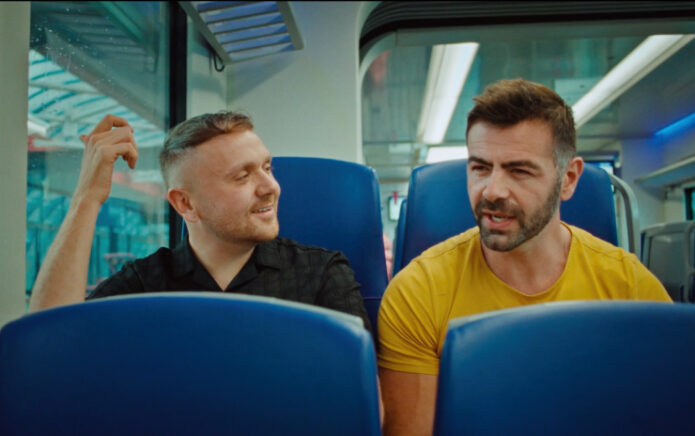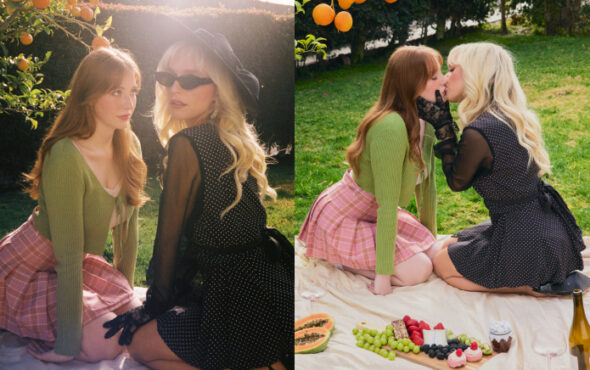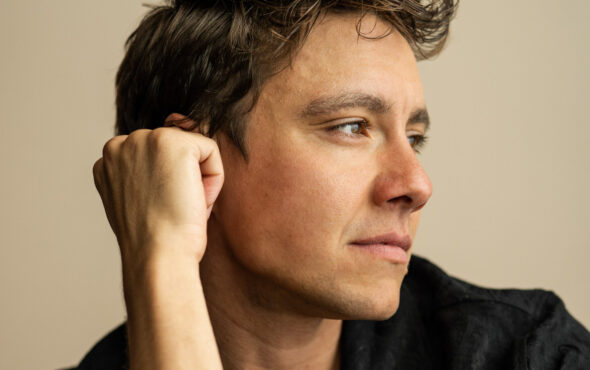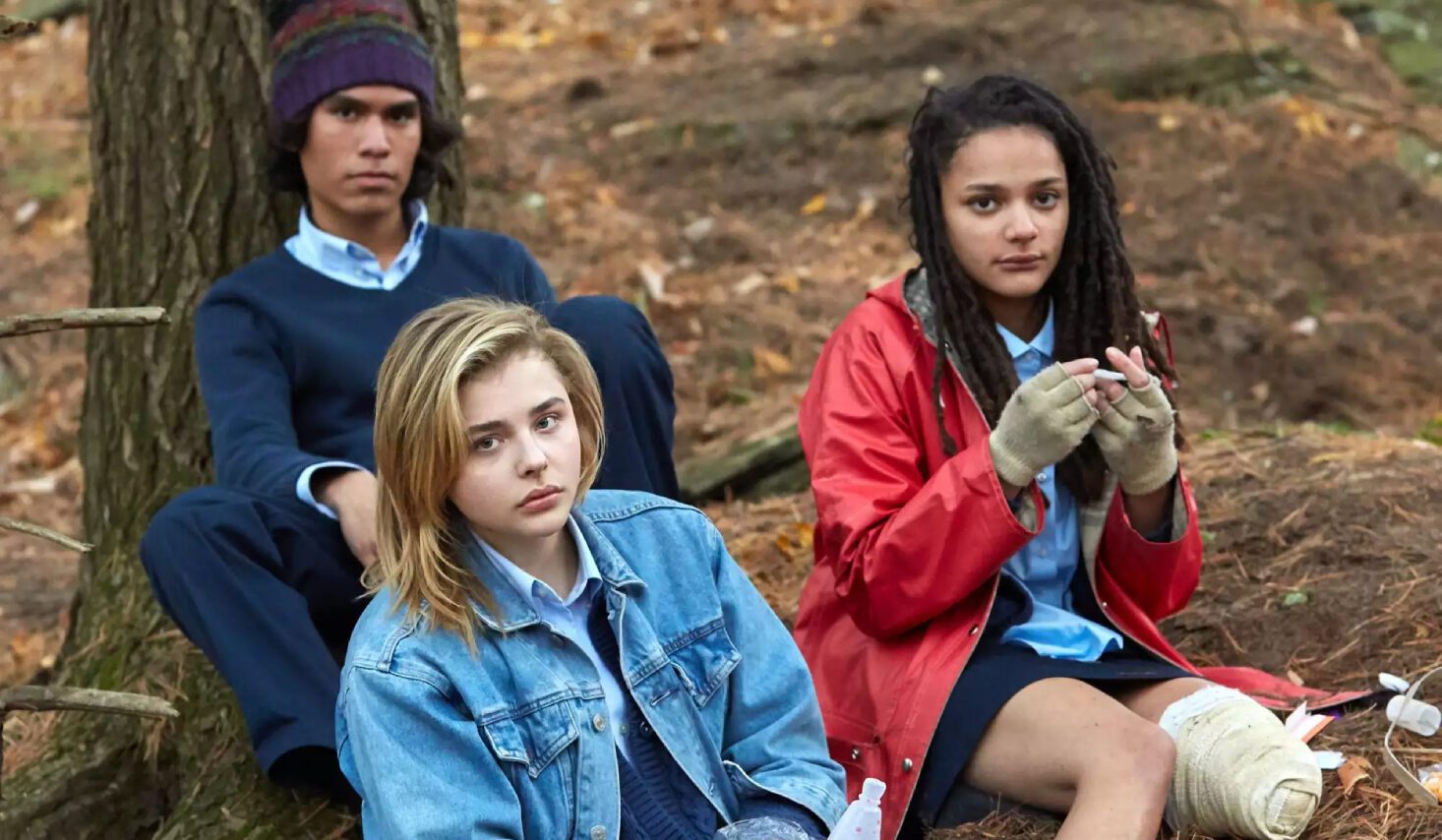
The first time I read Emily M. Danforth’s The Miseducation of Cameron Post I was 17, huddled in the corner of my sixth form common room, hoping no one would ask what I was reading.
It was the first time I had ever read a book where the main character wasn’t straight and, at first, I felt like I was doing something wrong. I had bought the book online and hidden it in my bag, in case my mum found it while I was at school. I was terrified of people discovering what I was reading in case I got in trouble. Within just a few chapters, it had already solidified itself as my favourite book of all time.
In case you missed it, The Miseducation of Cameron Post is a novel about a teenage girl who loses both her parents in a car crash and the very same night she kisses a girl for the first time. Cameron (Cam) then lives with her grandmother and religious Aunt Ruth, who then sends Cam to conversion therapy after finding her with another girl. The novel explores homophobia, religion, grief and guilt – all from the perspective of a teenager who is trying to find where she fits in the world.
Despite the novel being set in 1990’s rural Montana, I found myself able to relate to Cam from my hometown life in 2010’s suburban England. It was Cam’s guilt that particularly spoke to me. On the night her parents die, Cam feels relief that they will never find out that she’s gay, and the guilt at this being her first thought haunts her throughout the story. This was a feeling I knew all too well – the feeling that I was doing something wrong by having crushes on other girls and that when bad things happen it must be my fault.
This was something I’d never heard or seen anyone talk about before, and I hadn’t even realised the true weight of the guilt I was carrying yet. It was only by reading Cam’s story that I was able to understand not just how unfair it is to put that kind of weight on yourself, but just how difficult it really is to be carrying that much shame.
What I find so beautiful about The Miseducation of Cameron Post is that – despite the heavy themes, including the horrible realities of conversion therapy – Cam is still a character filled with personality, love, and joy. She finds supporters even in the darkest of times, and the complex emotions of having unaccepting but still loving family members is dealt with delicately and with sympathy.
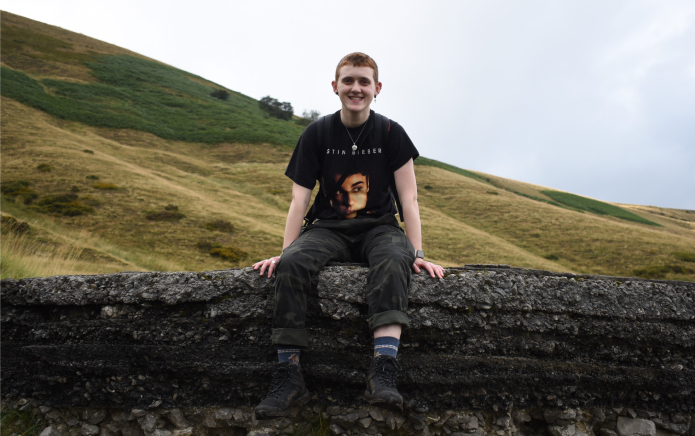
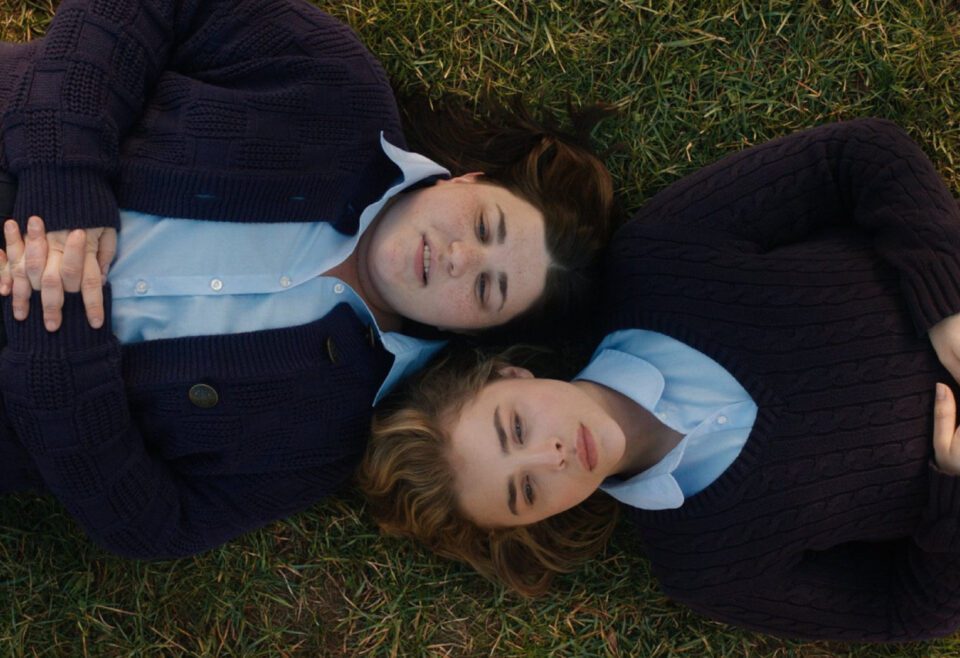
The book reflects a common reality for LGBTQ+ people: sometimes those who love us can also do the most harm. But it also shows that while being LGBTQ+ can be hard, there is also hope and joy to be found, even in the loneliest of places. After reading The Miseducation of Cameron Post, I found myself more determined than ever to overcome my internalised feelings of guilt and shame. I was able to truly see that I wasn’t alone.
This journey has also led me to deciding to volunteer as an ambassador with Just Like Us, the LGBTQ+ young people’s charity. Even though Cam’s story is different to mine in so many ways, there were still commonalities that strongly resonated with me and seeing myself reflected in the book gave me so much more confidence, that I decided this was something I wanted to give to other LGBTQ+ young people. So I decided to volunteer with Just Like Us and now tell my story in schools so that pupils can see LGBTQ+ representation, learn about allyship and hopefully begin their journey of shredding shame too.
When Emily M. Danforth’s second novel Plain Bad Heroines was released in the UK during lockdown, I brandished my pre-ordered copy in front of my university housemates with pride. I could feel the contrast in myself between when I first read The Miseducation of Cameron Post and when I first read Plain Bad Heroines – I had changed. I found myself openly sharing my thoughts and feelings on the novel with others, I felt no need to hide that I was reading something with LGBTQ+ characters, I could see myself in them and I was proud – not ashamed.
Emily M. Danforth remains one of my favourite authors of all time, and I will always be grateful for the ways ‘The Miseducation of Cameron Post’ has changed my life.
Niamh is a volunteer with Just Like Us, the LGBTQ+ young people’s charity.
